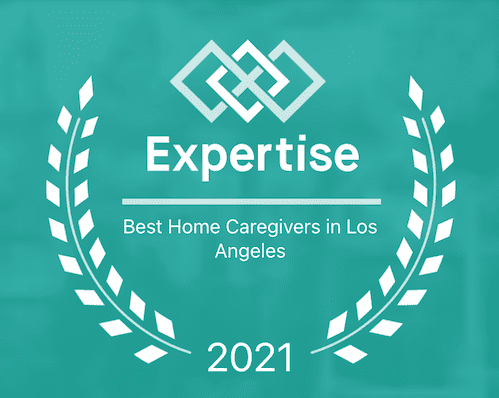End-of-life planning can be a difficult conversation to start. The fact is, these conversations are better to have as early as possible while you or your loved one are capable of making decisions, rather than be blindsided by legalities and difficult decisions later on.
According to a study published in the Journal of Psychosocial Nursing and Mental Health Services, “90% of people think it’s important to talk about end-of-life wishes, yet only 27 percent have done so.”
Research conducted by the Home Instead Senior Care® network, showed “70% of family conversations about aging are prompted by an event such as a health crisis or other emergency.”
AARP states that there is a majority of people who wish to die at home, yet “60 percent die in hospitals or institutions.”
These are some glaring reasons why it’s important to have the proper end-of-life planning documents in place when the time comes; assuring that you or a loved one will have their final wishes seen to.
What is an Advance Healthcare Directive?
Advance Directives are a group of planning documents that make sure any medical treatment decisions you’ve made are followed in the case that you or a loved one is no longer able to communicate.
What Are the Most Important Directives?
Last Will & Testament
The fundamental purpose of a will is to outline how your assets will be divided upon your death. One option in a will is to name an executor. This is the person who carries out your instructions. If you do not name an executor, a representative will be assigned by the probate court to carry out the instructions.
Trust
A trust is different than a will. It is a legal fiduciary arrangement that allows you to make sure your assets are managed by a third party, a trustee. Oftentimes a trust is used in addition to a will. A trust can minimize hassles for loved ones, the main benefit is a relatively speedy conclusion to settling your estate.
Living Will
A living will, also called a Healthcare Directive or Advance Directive, is a legal document specifically for end-of-life medical treatment in the event that you are unable to communicate. If you do not have this document in place, then the difficult decisions will be left to family members and doctors, who will guess as to what treatment you would have wanted.
Power of Attorney (POA)
There are several different types of Power of Attorney.
A General POA gives the appointed person power to sign documents, make financial transactions and pay bills. However, upon death, this POA is terminated.
A Limited POA is specifically for an appointed person to act as a representative on a specific day and time, for a specific reason. After the specified time has passed, the POA is terminated.
A Healthcare POA also called a Medical POA, designates someone who will make decisions about possible needed medical treatment if you are no longer able to make them yourself. A living will does not cover a situation where you or a loved one might be temporarily unable to communicate, but are not terminally ill. In that sort of situation, the trauma is not considered end-of-life, therefore a living will cannot be used. This is where a Healthcare POA comes into play.
Healthcare POA and Durable POA are two separate documents and roles. Just because you have named a person in the role on one document, does not mean that they are automatically the agent of the other.
A Durable POA allows you to appoint someone to manage your financial and personal affairs. A durable power of attorney remains valid if you or a loved one becomes incapacitated. The person named on the Durable POA can continue to pay bills and make sure finances are properly managed. Without this document, many family members have to go through intensive, costly court proceedings to appoint a guardian; which can add more stress to an already emotional time.
The Durable POA is terminated upon your death, and then, the estate executor that is named takes over.
If you’ve named an executor in your will, it does not mean you have named a Durable POA. The same person can perform both roles, but the proper paperwork must be completed for each area.
HIPAA Release
The Health Insurance Portability and Accountability Act (HIPAA) release allows the person assigned to help you make medical decisions and gain access to your medical information. This means that doctors, caregivers, attorneys and other family members can freely discuss matters regarding your health with third parties.
Estate Planning Documents
Estate planning documents allow you to designate someone to make financial decisions on your behalf if you cannot while alive or after your death.
Funeral and Burial Arrangements
If you haven’t explained your wishes after death, it can often cause stress and conflict among family and loved ones. Sometimes others have different views on death and dying. It is important to put into writing and be specific as to what services or celebrations you want along with your wishes to be cremated or have an earth burial.
If you consider the mountain of legal documentation needed for everything from burial needs to bank access, you can see why planning ahead of time for you or a loved one’s final days, can be essential. Doing the legwork now, leads to less heartache and the comfort that you or your loved one’s wishes were met in the end.
Luxe Hospice Services in Los Angeles Can Help
The team at Luxe Hospice understands what a difficult time this can be for most families preparing for the final days of a loved one. We invite you to lean on our compassionate professionals to allow your focus to remain where it should: providing comfort and companionship.
Contact our Los Angeles Hospice Care team serving Pacific Palisades and all surrounding areas today at (310) 459-2040 or contact us online.


